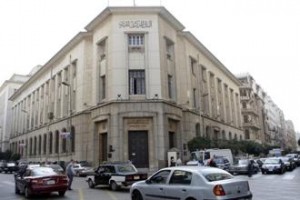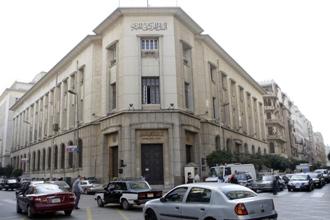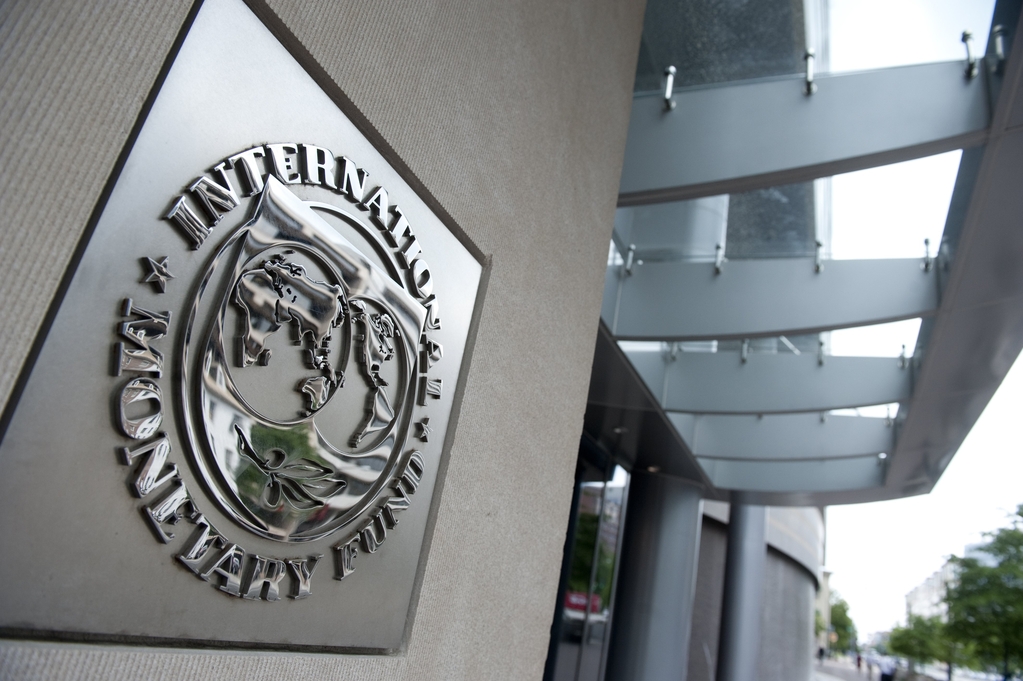
(AFP Photo)
The Central Bank of Egypt recorded that Egypt’s core inflation rate reached 2.86% in February, compared to 1.31% in January, the highest core inflation rate since 2010.
The annual inflation rate also increased in February, rising to 7.68%.
The Central Agency for Public Mobilisation and Statistics (CAPMAS) reported on the same measurement on 10 March, stating that the core inflation rate increased to 2.50% in February compared to 1.69% in January, while the annual rate increased to 8.21% in February from 6.27% in January.
Foreign exchange reserves in Egypt decreased to reach $13.5bn by the end of February.
The Central Bank has recently been using a modified indicator to measure inflation, which excludes the impact of temporary price shocks which could result for various reasons, including weather conditions, supply disruptions or the infrequent resetting of prices by the government.
The indicator excludes products with regulated prices, which constitute 19.4% of the consumer price index (CPI) basket, in addition to some other goods which are affected by temporary supply shocks which influence their real prices.
Food items with prices which are inherently volatile, such as fruits and vegetables, are also excluded, since their supply largely depends on weather and harvest conditions. These currently account for 8.8% of the CPI basket.
According to media outlets, CAPMAS also reported that the main reason behind the rise in inflation was the increase in the prices of food and beverages, especially poultry by 7.9%; milk, cheese and eggs by 5.5%; and vegetables by 2.8%.
“The main reason for the current inflation rate is the low value of the Egyptian pound, which will severely push up the prices of local products,” said Karim Helal, an economic expert.
He continued: “The rise of the price of the dollar is also is a main reason for the inflation, because it leads to an increase in the prices of imported foreign products, especially since Egypt imports about 80 % of its needs.”
Helal added that some traders have capitalised on the disturbance in market dynamics “by using greedy trading practices” to push up their prices, and also the decrease in government subsidies has impacted the inflation rate.
“I expect a further increase in the core inflation rate in the short term,” he continued. “As long there is no production, and pressure continues to be exerted on exchange rates and reserves.”
Economic expert Magdy Toulba also said that the decrease in the price of the Egyptian pound by around 19% pushed the inflation rate up.
“Export activities have slowed down due to many protests at various ports which have halted operations completely,” said Toulba. “Besides, the decrease in the production is more than enough to increase the inflation rate.”
Toulba expected inflation to continue to rise in the short term, due to uncontrolled exchange rates, as long as “Egypt remains ruled by the Muslim brotherhood”.




